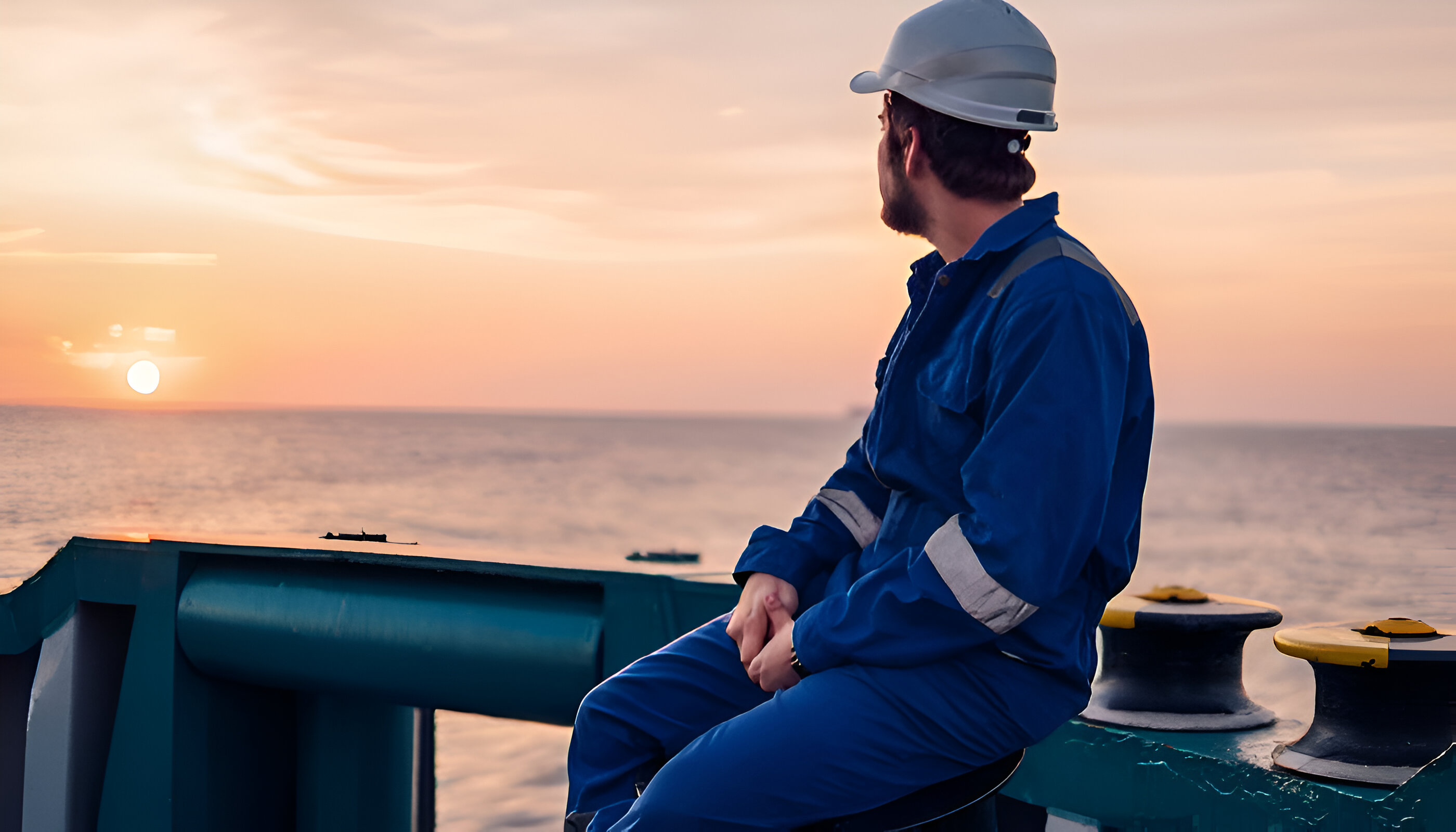DARPA’s unmanned ship project moves to phase 2
August 26, 2022 Maritime Safety News
The Defense Advanced Research Projects Agency (DARPA) is moving into phase 2 of its No Manning Required Ship (NOMARS) programme, which seeks to build and demonstrate a new medium unmanned surface vessel (MUSV) that can go to sea and reliably perform missions, while carrying a significant payload.
NOMARS has confirmed that there will never be a human on board the vessel while it is at sea – including during underway replenishment events. By eliminating all constraints and requirements associated with humans, NOMARS has opened up the design space to novel ship configurations and capabilities that could not be considered with crewed vessels.
As there is no crew on board to perform maintenance, NOMARS required new approaches for power generation, propulsion, machinery line-up, and control schemes to ensure continuous functionality throughout a long mission in all weather, temperature, and sea states.
“NOMARS plans to demonstrate a next-generation completely unmanned ship that will enable entirely new concepts of operations,” said Gregory Avicola, program manager in DARPA’s Tactical Technology Office. “We will enable methods of deploying and maintaining very large fleets of unmanned surface vessels that can serve as partners, across the globe, for the larger crewed combatants of the U.S. Navy.”
In phase 1, services provider Serco was selected to develop a new Design Space Exploration (DSX) toolset that can evaluate spaces with a variety of parameters and outputs millions of ship designs to meet a diverse set of performance objectives and constraints. Serco used its DSX tool to create a set of ship designs ranging from 170-270 metric tons, then refined those into a single ship for the preliminary design review, which the company dubbed Defiant.
In phase 2, Serco will finalise the ship design, build the ship, and work through a series of rigorous testing activities before taking it to sea for a three-month demonstration event. Serco is working with Beier Integrated Systems, Caterpillar, DRS Naval Power Systems, ICE FLOE, Metron, Serco’s Maritime Engineering Operations department, Submergence Group, and Thrustmaster of Texas on the project.
Defiant, a 210-metric ton MUSV-class ship aims to maximise performance, reliability, and maintenance efficiency while still carrying significant payload. The goal is to achieve ultra-reliability objectives by integrating distributed hybrid power generation, podded propulsors, and high-capacity batteries.
A key philosophy of NOMARS is “graceful degradation,” which allows individual equipment to fail over time by having enough system-level redundancy to meet full system requirements at speeds of at least 15 knots after one year at sea.
The major system components of the selected design are modularised, so repairs can be conducted with equipment typically found in yacht-yards worldwide. This maintenance philosophy supports rapid turnaround, allowing the ships to spend a majority of their lifetime at sea performing missions.
Source: https://thedigitalship.com/news/electronics-navigation/item/8011-darpa-s-unmanned-ship-project-moves-to-phase-2






